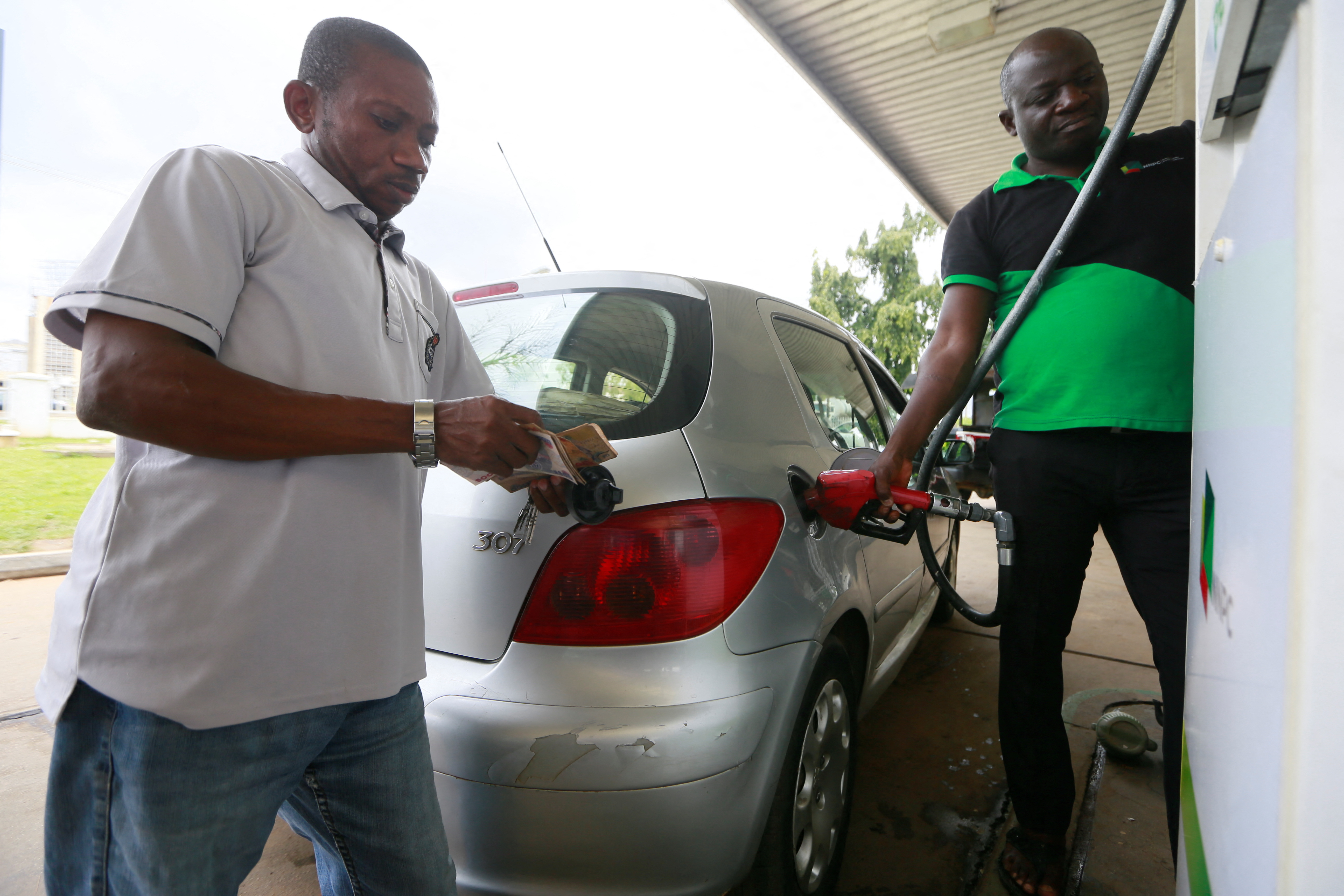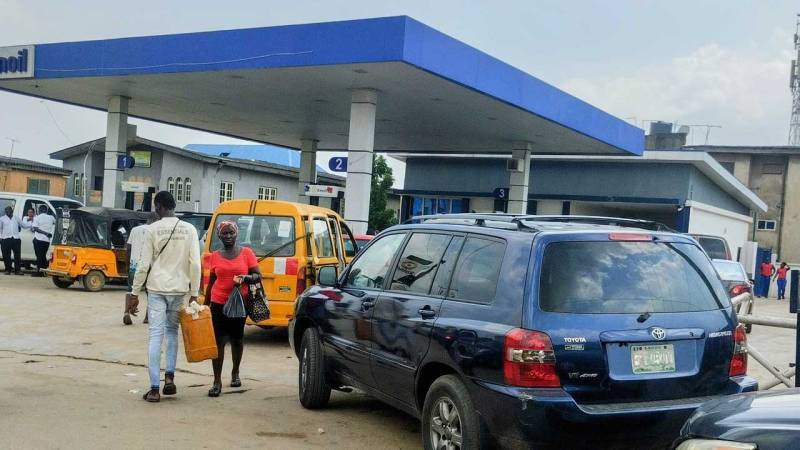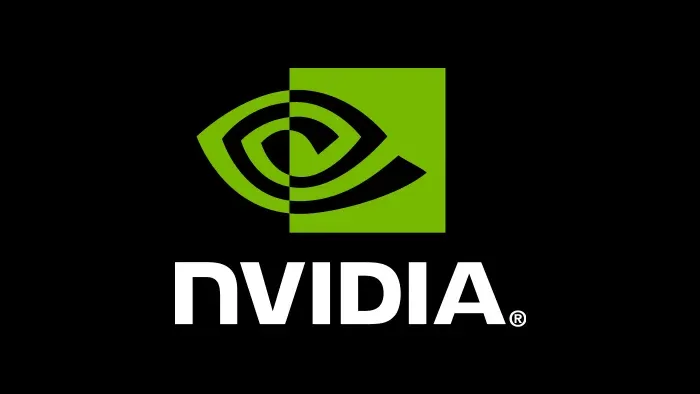Almost two months after Nigerian President Bola Tinubu stopped subsidizing the popular and expensive fuel, the price of petrol has risen to 617 naira ($0.78) per unit. liters, which is the highest in the history of oil production in Africa. The national price was updated on Tuesday by 557 naira ($0.70) at the state-owned Nigerian National Petroleum Co (NNPC), according to a circular seen by Reuters news agency. The NNPC did not immediately respond to calls seeking comment. Tinubu, who has ushered in some of Nigeria's biggest reforms over the decades to tackle problems such as its debt ceiling, dropped the award on May 29 during his inauguration speech. The subsidy, introduced in the 1970s, has kept fuel prices steady for decades but has become increasingly expensive, costing the government $10 billion last year. "Grant" became a sensation in 2012 when the then President Goodluck Jonathan announced his removal.
The price of petrol rose from 65 naira ($0.14) to 140 naira ($0.30) per liter and sparked almost two weeks of protests called Occupy Nigeria, forcing Jonathan to change his decision. Since the end of this fiscal year, 56 private companies have been allowed to import fuel, and 10 of them are expected to start supplying in the third quarter. NNPC used to be the only oil importer using crude oil substitution. Nigeria imports almost all of its refined oil because of the inability to refine it properly and the neglect of existing refineries. In June, the average daily fuel consumption fell to 48.43 million liters (13 gallons), from an average of 66.9 million liters per day from January to May before the subsidy was withdrawn, according to NMDPRA figures.

“Out of these 10, three of them have already landed cargoes, … and others are also indicating interest to import in August and September,” Farouk Ahmed, head of the Nigerian Midstream and Downstream Petroleum Regulatory Authority (NMDPRA), said in a statement.




